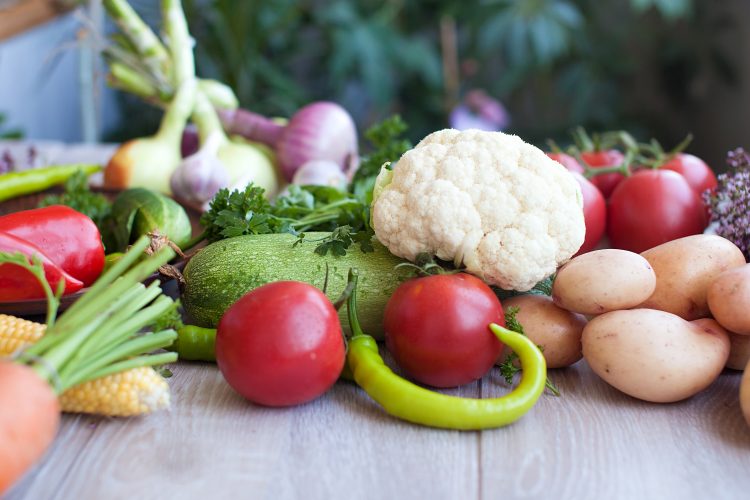How do you get college students to eat more vegetables?
Posted: 8 August 2022 | New Food | No comments yet
By implementing more challenges and education into nutritional education, researchers from the University of Louisville suggest college students can feel more comfortable cooking with vegetables.


How can you increase the consumption of vegetables and other nutritious foods among students? With fast food contributing to obesity at a critical time in development, new research has discussed how weekly food challenges and cooking videos increased confidence in making healthy choices and increased fruit and vegetable consumption among college students.
College students comprise a large portion of the young adult population, and national data suggest that college students’ diets are high in overall fat intake and inadequate in key food groups such as low-fat dairy, whole grains, fruits, and deep yellow and green vegetables.
“Barriers to healthy eating for this group include a lack of nutrition and culinary knowledge, financial instability, inadequate access to healthy food options, and time,” said Carol O’Neal, PhD, Department of Health and Sports Science, University of Louisville.
Traditional college nutrition programs tend to focus on knowledge acquisition and nutrition assessment skills. Studies found that traditional nutrition classes increased nutrition knowledge but did not change dietary behaviour. This new research however suggests that knowledge and nutrition assessment skills should be supplemented with behavioural self-efficacy to prompt lifestyle changes.
“Nutrition education programs grounded in Social Cognitive Theory are particularly effective in changing dietary behaviour because of their focus on self-efficacy and behaviour-oriented programmatic elements,” said Dr O’Neal.
The pilot study examined a 15-week intervention incorporating food challenges and instructional cooking videos into a nutrition course that promoted changes in cooking attitudes, cooking and nutrition self-efficacy, and college students’ fruit and vegetable consumption outcomes.
Course enrolment included both in-person and online students who were taught by the same instructor. Students participated in at-home food challenges that aligned with each week’s instructional topic. The researchers confirmed that guided goal setting, instead of self-set goals, was used as a pedagogical tool to support course learning outcomes and to help students learn how to translate general goals into specific and measurable goals. Students tracked their progress by writing weekly reflections.
By comparing surveys taken at the start and end of the semester, the intervention was associated with increased confidence in using fruits and vegetables in cooking and increased consumption of fruit and vegetables. Cooking attitudes remained positive throughout the study, suggesting that students signing up for a college nutrition course may already be interested in healthy cooking.
“The study’s outcome, which incorporated both in-person and online learning, demonstrates the ability to successfully connect with students attending an online course and has important implications for nutrition educators,” Dr. O’Neal concluded.









